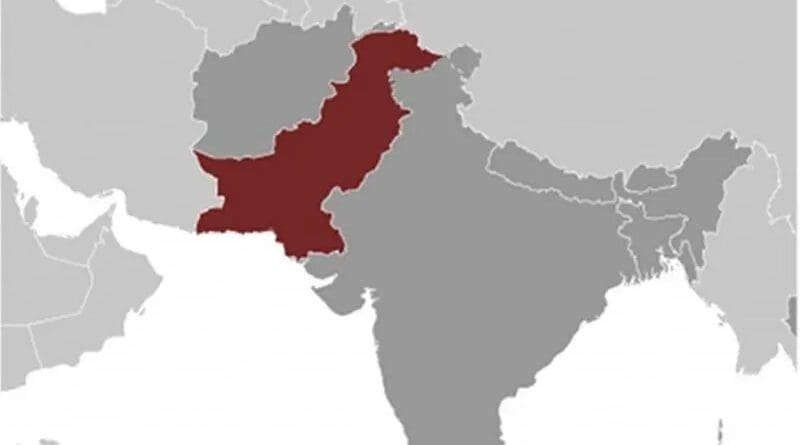Candid Conversation With Pakistan’s Minister Of State For Foreign Affairs Malik Amad Khan – OpEd
By Tariq Saeedi
His embossed visiting card says Nawabzada Malik Amad Khan but when we sat down for a conversation Saturday in Ashgabat, it was only Amad who spoke – candid, warm and very well informed.
Amad, as minister of state for foreign affairs, is one of the youngest ministers in the Pakistani cabinet. His views on some regional issues are refreshing and perceptive.
Speaking on the lack of regional cohesion that always leaves room for foreign meddling, Amad said that there is no broad convergence of interests at the regional level – never has been.
He said that except for narrow-format, temporary cooperation, the region doesn’t have a modern history of expansive, long term partnership.
His observation is valid for all the regional processes. Even though platforms exist for cooperation, there is little that gets done.
His line of reasoning, if expanded horizontally, would mean that there is no regional tradition of institutional objectivity.
This is the crux of the matter: — If the problems are in the region, the solutions are also in the region.
On a related theme, Amad spoke about pretenses. Even though he did not elaborate on this, it is easy to comprehend that the lack of sincerity suffocates the internal harmony in each country and chokes the dialogue at the regional level.
He also alluded to the lack of easily identifiable handles for regional cooperation. This, again, brings the debate back to the deficiency of institutional objectivity.
Just beneath the surface of this argument is the stark truth that the current level of bilateral and multilateral communication – exchange of views on real time basis – is simply inadequate. The personal empathy that is so essential among the top-, mid-, and junior-level leadership for fruitful interaction somehow just doesn’t bloom.
Against his basic comment about the lack of regional cohesion, one can juxtapose everything in the region, including but not limited to the Afghanistan conundrum, the oil and gas pipelines that are stuck in the molasses, the trade and transportation corridors that have equal numbers of friends and enemies, the so-called ‘New Silk Road’ that reflects American interests rather than regional ambitions, and the economic integration that gets lots of lip service but doesn’t budge from its square one.
In the region where a thaw hardly ever evolves into functional fluidity, politicians like Amad are a ray of hope. His generation is carrying not only the burden of its own times but also the debris created by the shortsightedness and selfishness of their elders.
Amad is the grandchild of the ruling families of Kala Bagh and Hunza. Convergence of aristocratic bloodlines actually puts one in a difficult position. You need to work harder than other people to prove yourself. It was probably for this reason that Amad joined the Pakistan army, a through-and-through meritocracy. The selection process where only one out of about 2000 candidates gets selected, the rigorous regime of the academy that is designed for the survival of the fittest only, and the promotion procedure, at least up to the rank of Lt. Col., is a ruthless mill that doesn’t distinguish between the prince and pauper. It grinds evenly, impartially.
Even though there was enough silk from which he could have built a cocoon around himself, Amad is in touch with life and society right to the grassroots level.
His ability to remain calm and friendly in the face of obviously annoying questions is simply remarkable.
This is in sharp contrast to a ‘career diplomat’ who served as foreign minister of Pakistan during the early years of General Musharraff – Inamul Haq.
When I spoke to Haq in early 2001, a few months before 9/11, he was angry at the fact that I had spoken to him at all. Undaunted, I asked him about the Pakistan policy on Taliban (who were in control of 90% of Afghan territory including Kabul), Haq read a few lines from the official handout and turned away in irritation.
Haq was a prime example of the South Asian diplomats who wear a wooden face with soiled eyes when talking to ‘outsiders.’ They almost certainly imagine it to be a poker face but in reality it resembles a constipated orangutan.
The foreign office of Pakistan is probably a half and half mix of Haq-variety bureaucrats pretending to be diplomats and real diplomats forced to double as bureaucrats.
The current minister of foreign affairs and the minister of state for foreign affairs of Pakistan are both elected politicians. Their capacity to steer the foreign policy in the desired direction and achievement of foreign policy goals will depend to some extent on their ability to distinguish between diplomats and bureaucrats and assign responsibilities accordingly.

